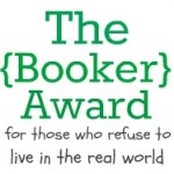Many readers don’t understand that when they buy an e-book from Amazon or other businesses they are not buying a book, they are merely entering into a licensing agreement. You don’t own an e-book, you are just leasing it. And legally you cannot sell your copy of the e-book, have your family members inherit your e-books, or give them away to a library.
Amazon created a huge stink back in 2009 when it deleted (of all books) George Orwell’s “1984” from Kindles because the book had been placed for sale on Amazon by a company that did not have the rights to sell it. After some readers brought a lawsuit Amazon clarified and limited the conditions under which they could delete digital content from their customer’s Kindles. This happened again in 2010 with books that contained fictional accounts of incest. This time Amazon deleted the books from the Kindle archive. If customers had the book in their Kindles, the books were not affected, but if they had moved the books to their Kindle archives, the books vanished and could not be re-downloaded. In the first case Amazon gave refunds to their customers, and in the second case they reinstated the book to the archives of readers who had bought them (although they deleted them from the general store due to content violation). But the point is that Amazon HAS the ability to delete the e-book you purchased.
In an earlier post I have also covered the fact that Amazon monitors what you read with your Kindle, how you read it, and the highlights or notes you make.
In many ways this is a strange new world. I am sitting typing this next to a bookshelf that contains some books that belonged to long-dead relatives. Now these books belong to me and my family. The publishers or vendors of these books cannot take them away from me, in fact they don’t even know I have them, and the books have marks on them whose nature is only known to me and my relatives. These books are in many ways a connection to the past, a bridge between generations.
As most of you know I am all for self-publishing and e-books. In fact I believe that when it comes to e-books, their sales pattern is more natural than that of print books. But I wonder what sort of world we are creating. One hundred, or two hundred years from now, what will reading look like for families? Will everything be electronic? Will people be able to inherit and read the books (files?) read by their ancestors and see what comments they typed on them or what passages they highlighted? Or will the reading performed by one generation be cut off from the next?
What do you think?
***
If you like this blog you can have links to each week's posts delivered to your e-mail address. Please click here.
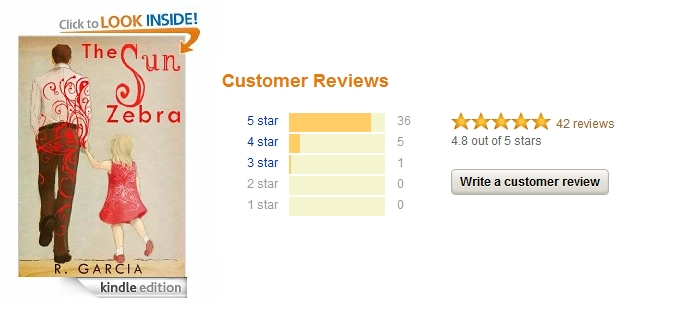
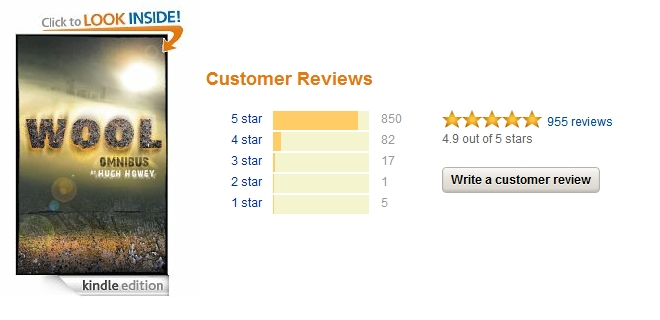
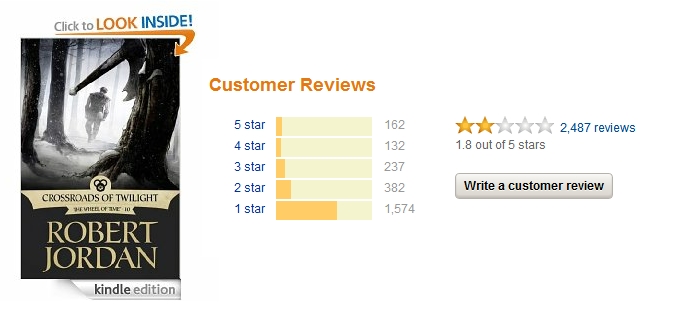
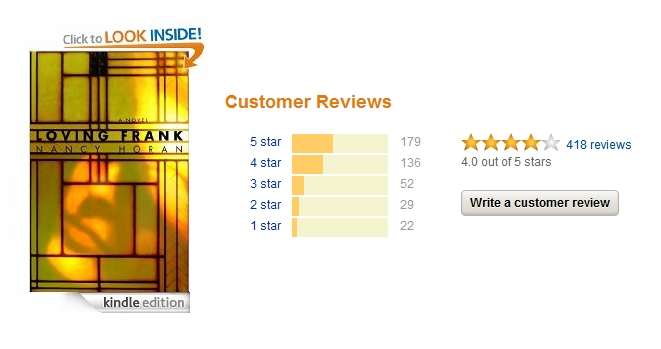
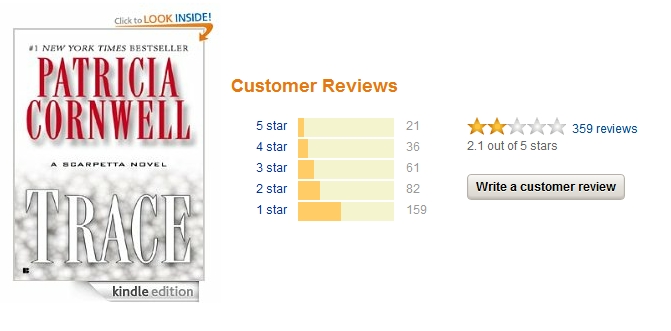
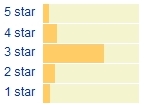
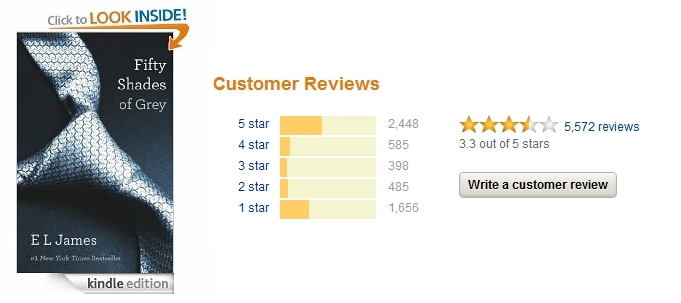
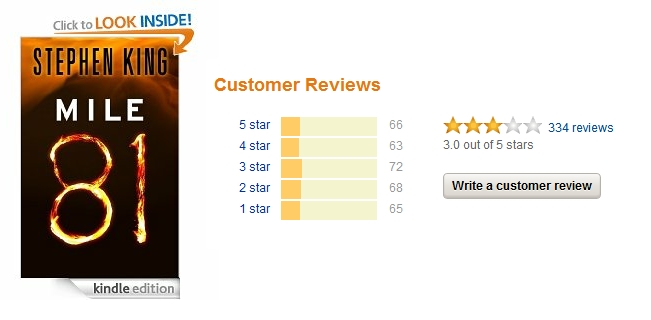
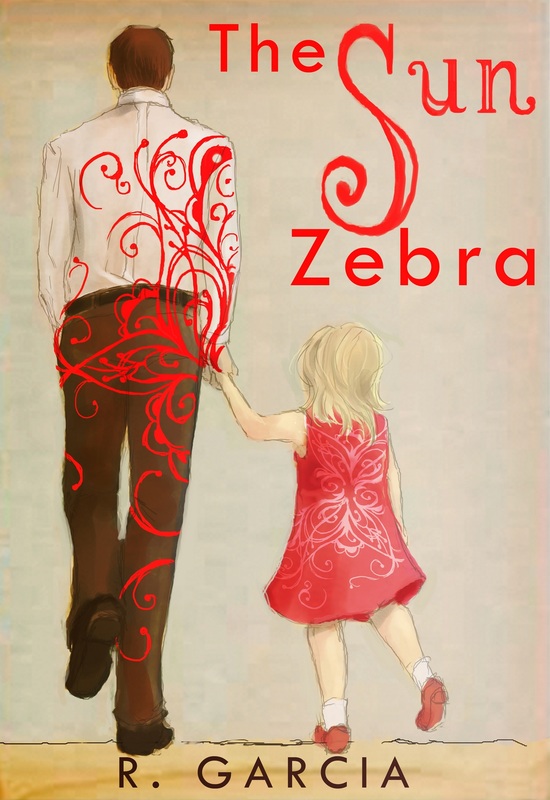

 RSS Feed
RSS Feed

